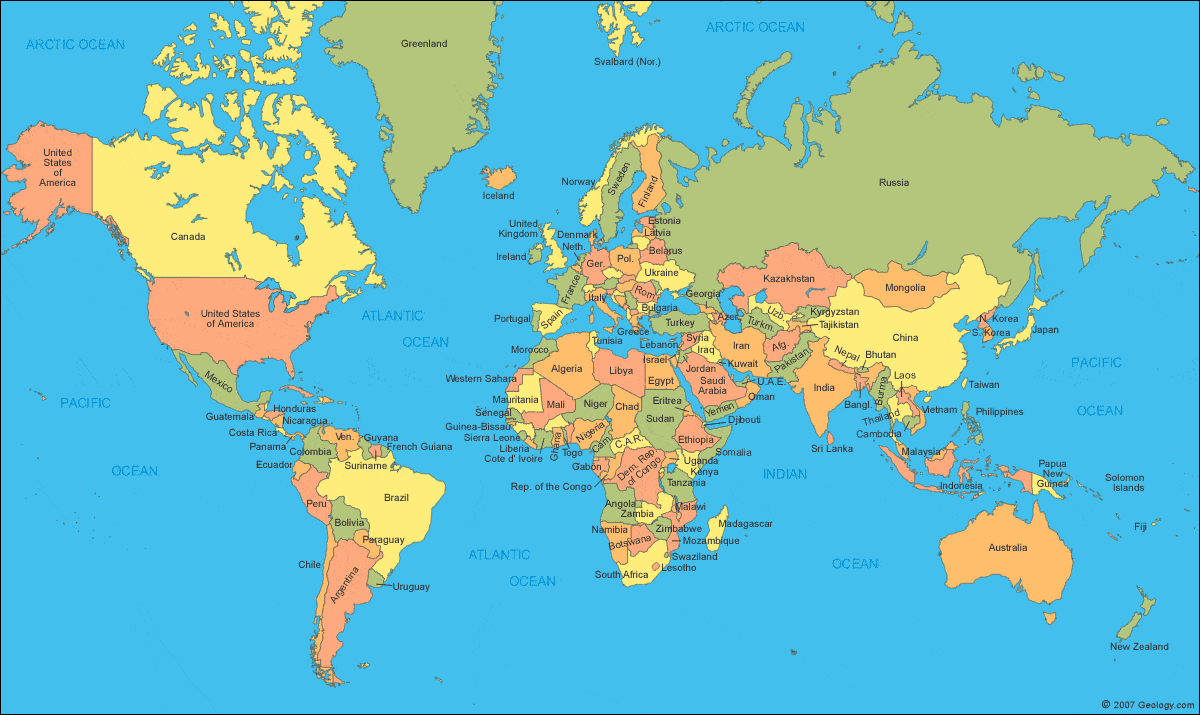
GVC Deal Prompts Partypoker to Revisit 21 Shuttered Markets

Partypoker could become a top-three online poker operator after a decision to reopen in 21 global markets. (Image: lifehack.org)
PartyPoker will now be addressing quantity, after almost three years of focusing specifically on quality, as part of its new business strategy.
Back in September 2015, the bwin.party board accepted a $1.6 billion takeover bid from GVC Holdings and after four months of due diligence, the process was finally completed on February 1st. Completion of this deal was followed by bwin.party being added to GVC’s London Stock Exchange listing on February 2nd and the news that partypoker would be revisiting 21 previously shuttered markets.
Asset Management
As part of GVC’s new strategy for its bwin.party asset in partypoker, the decision has been made to target markets that were previously deemed to be either financially or legally dubious. Partypoker is the seventh- ranked online poker site in the world, according to tracking site PokerScout, with a seven-day average of 1,200 players.
Although far from a disaster, the fact that a dot com site open in various international markets is behind two nationally segregated platforms, in France’s Winamax and Italy’s PokerStars, can’t be music to GVC’s ears.
Part of the reason for partypoker’s fall from grace was its 2013 decision to shut down its operations in various territories. After closing its doors to countries such as Argentina, Belarus, Greece, and Brazil, the company was left active in just 10 markets. That reality, coupled with a greater focus on non-poker products such as casino and bingo, saw partypoker slide down the global poker traffic rankings.
However, with GVC now in charge, partypoker will not only be revisiting the majority of markets it previously left, but it will take a much broader approach to this piece of bwin.party’s overall puzzle.
Not a Bad Actor
With GVC now in charge, bwin.party will have a larger bankroll at its disposal, a bankroll it can use to prop up poker sites in smaller markets.
However, one of the main reasons for this decision to explore previously shuttered markets is the increase in regulation across Europe and South America.
Partypoker was primarily pulled from certain markets because of regulatory uncertainty. Not wanting to attract unwanted attention from government’s wary of online poker and ruin any chances of a return if regulations were passed in the future, partypoker quietly left these jurisdictions on its own.
This strategy appears to have paid off in Hungary at least, as partypoker is one of the only major operators to escape the government’s blacklist. Now, with a regulatory framework in place, there’s technically nothing stopping partypoker from applying for a Hungarian iGaming license.
And with other countries, such as Peru, Columbia, and Brazil, on the cusp of approving iGaming laws, partypoker could jump to the head of the licensing queue and become a major player in these markets and, potentially, regain its rating as a top-three online poker site.















0 Comments